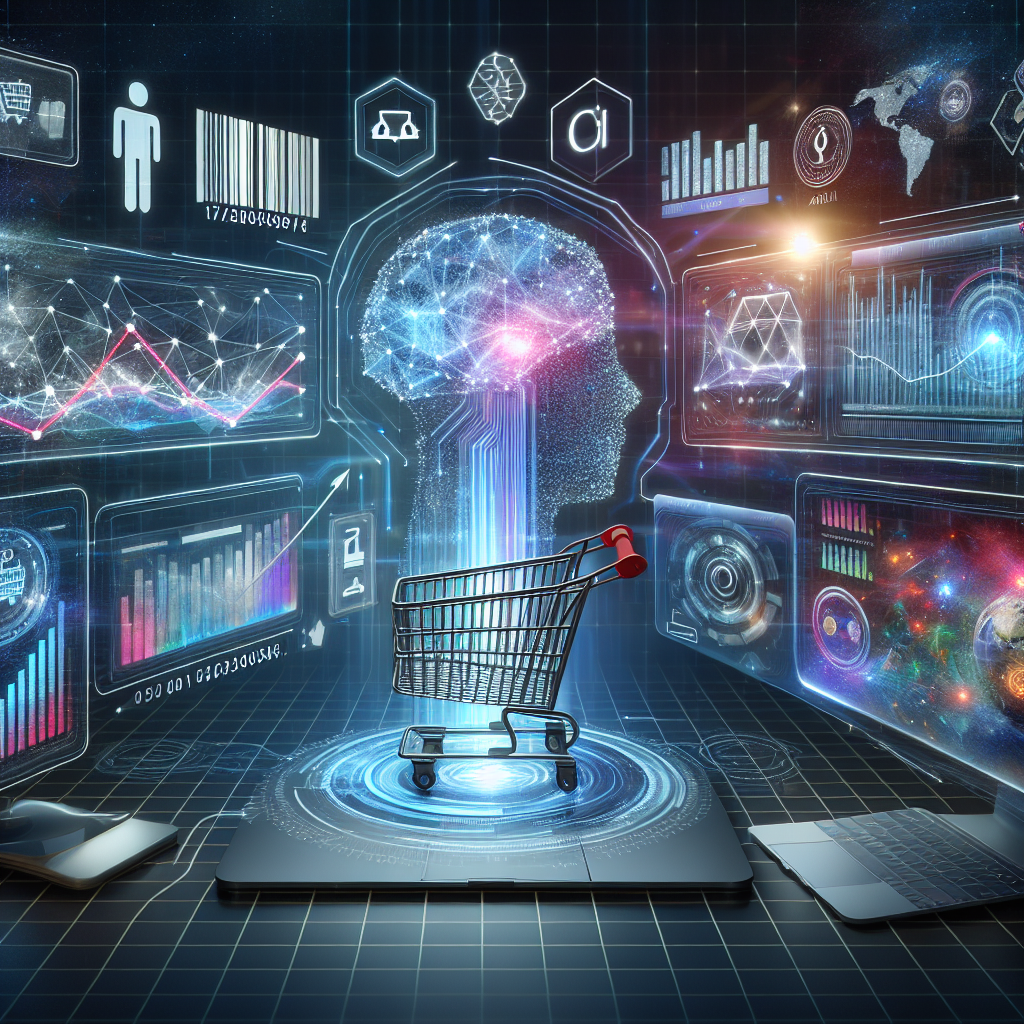In recent years, artificial intelligence (AI) has revolutionized many industries, including retail. AI platforms are being used to analyze data, predict trends, personalize customer experiences, and automate processes. In the retail sector, AI platforms are playing a crucial role in driving sales, improving customer satisfaction, and optimizing operations.
One of the key areas where AI platforms are making a significant impact in retail is in analytics. By harnessing the power of AI, retailers can gain valuable insights into customer behavior, preferences, and shopping patterns. This information can help retailers make more informed decisions, such as pricing strategies, product assortments, and marketing campaigns.
AI platforms can analyze vast amounts of data from various sources, including sales transactions, customer feedback, social media, and website interactions. By using advanced algorithms and machine learning techniques, these platforms can identify patterns, trends, and anomalies that may not be easily detectable by humans. This enables retailers to uncover valuable insights that can drive business growth and improve customer satisfaction.
One of the key benefits of using AI platforms in retail analytics is the ability to personalize the shopping experience for customers. By analyzing customer data, AI platforms can create personalized recommendations, promotions, and offers tailored to each individual shopper. This can help retailers increase customer loyalty, drive repeat purchases, and improve overall sales.
Another benefit of AI platforms in retail analytics is the ability to forecast demand and optimize inventory management. By analyzing historical sales data, market trends, and external factors such as weather and holidays, AI platforms can help retailers predict future demand for products and optimize inventory levels accordingly. This can help retailers reduce stockouts, minimize overstock, and improve overall profitability.
AI platforms can also help retailers optimize pricing strategies by analyzing competitor pricing, customer willingness to pay, and market conditions. By using advanced pricing algorithms, retailers can set prices dynamically based on real-time data, demand forecasts, and competitive benchmarks. This can help retailers maximize revenue, increase margins, and stay competitive in a rapidly changing market.
In addition to analytics, AI platforms can also automate various retail processes, such as customer service, inventory management, and supply chain optimization. By using AI-powered chatbots, retailers can provide personalized assistance to customers, answer questions, and resolve issues in real-time. This can help retailers improve customer satisfaction, reduce response times, and lower operational costs.
Overall, AI platforms have the potential to transform the retail industry by providing retailers with valuable insights, personalized experiences, and automated processes. By harnessing the power of AI, retailers can stay ahead of the competition, drive sales, and deliver exceptional customer experiences.
FAQs:
1. What are AI platforms in retail analytics?
AI platforms in retail analytics are software solutions that leverage artificial intelligence, machine learning, and data analytics to analyze customer data, predict trends, personalize experiences, and optimize operations in the retail sector.
2. How can AI platforms help retailers improve customer satisfaction?
AI platforms can help retailers improve customer satisfaction by analyzing customer data, preferences, and behaviors to create personalized recommendations, promotions, and offers tailored to each individual shopper. This can help retailers increase customer loyalty, drive repeat purchases, and enhance overall shopping experiences.
3. How can AI platforms help retailers optimize inventory management?
AI platforms can help retailers optimize inventory management by analyzing historical sales data, market trends, and external factors such as weather and holidays to predict future demand for products and optimize inventory levels accordingly. This can help retailers reduce stockouts, minimize overstock, and improve profitability.
4. How can AI platforms help retailers optimize pricing strategies?
AI platforms can help retailers optimize pricing strategies by analyzing competitor pricing, customer willingness to pay, and market conditions to set prices dynamically based on real-time data, demand forecasts, and competitive benchmarks. This can help retailers maximize revenue, increase margins, and stay competitive in the market.
5. What are some other benefits of using AI platforms in retail analytics?
Other benefits of using AI platforms in retail analytics include automating various retail processes, such as customer service, inventory management, and supply chain optimization, improving operational efficiency, reducing costs, and driving business growth.

